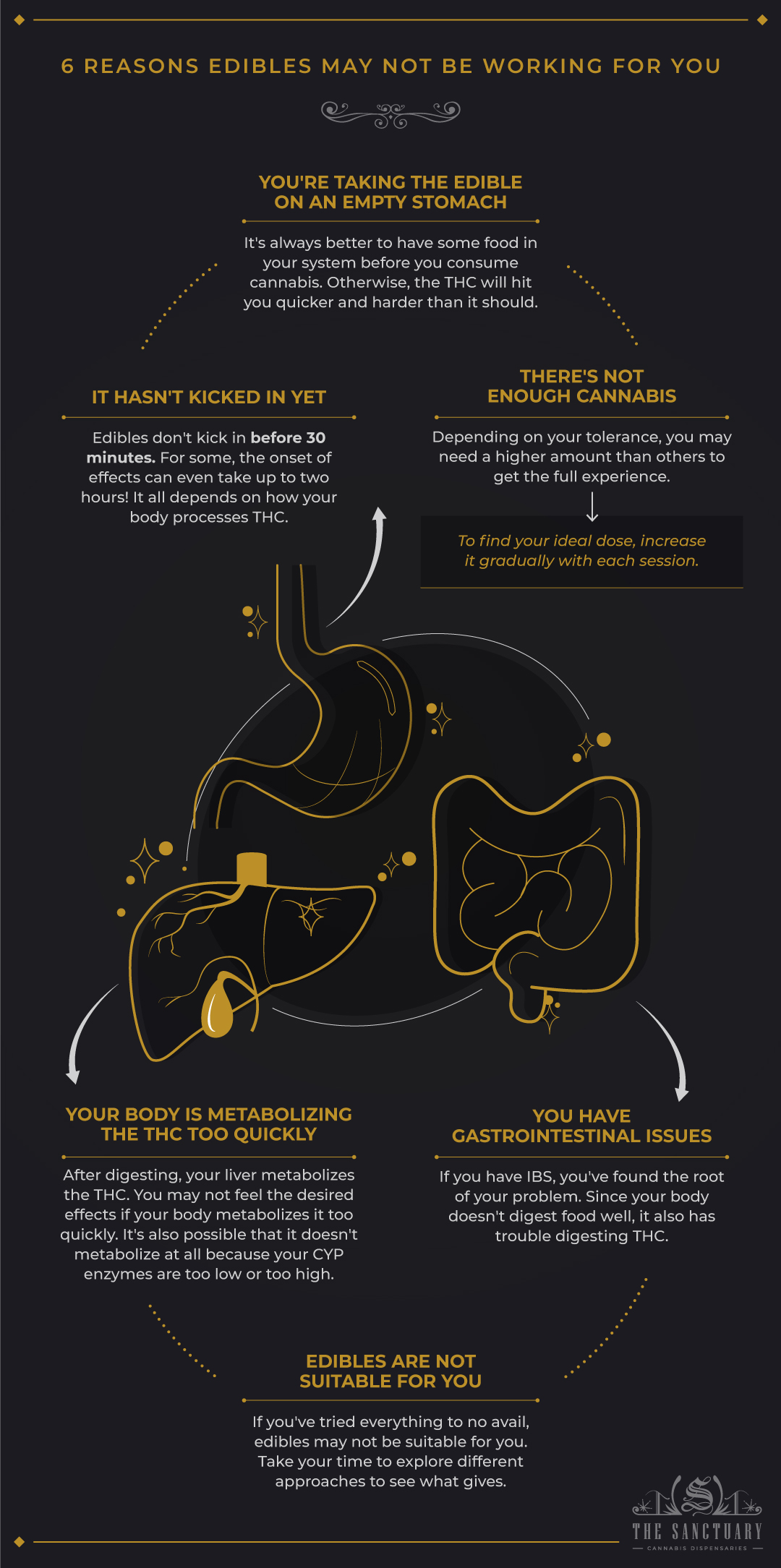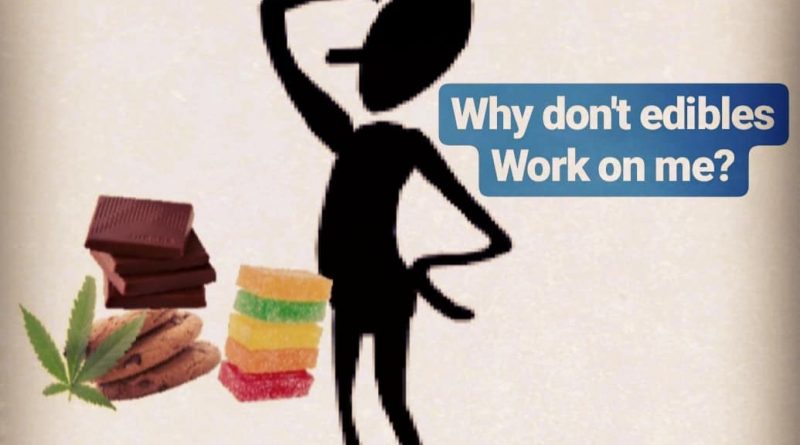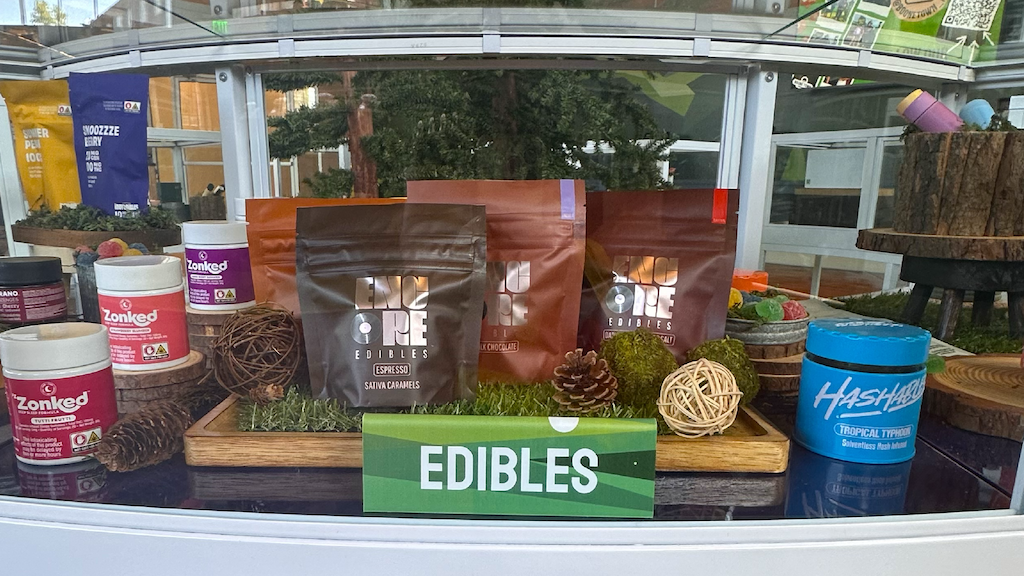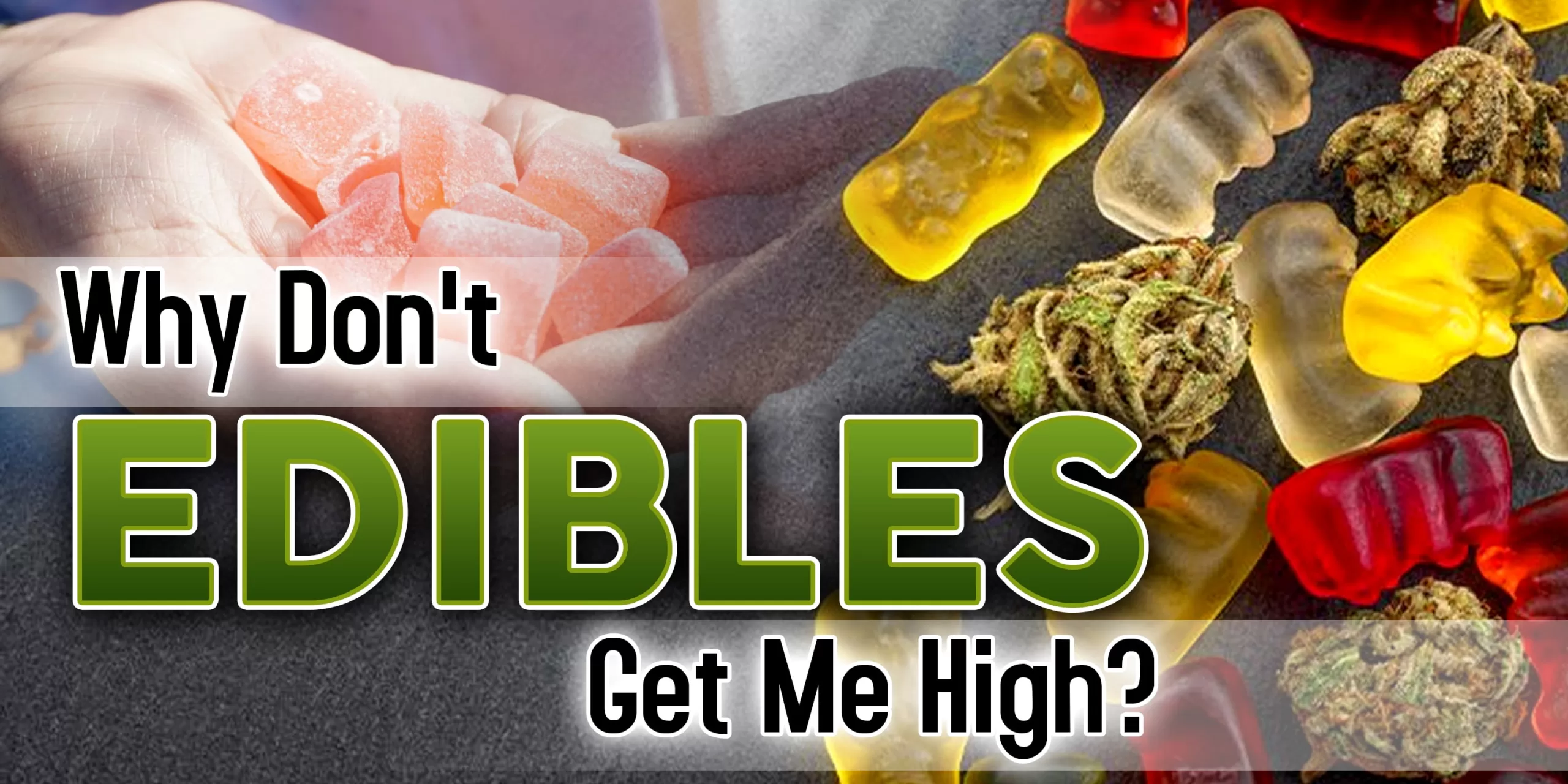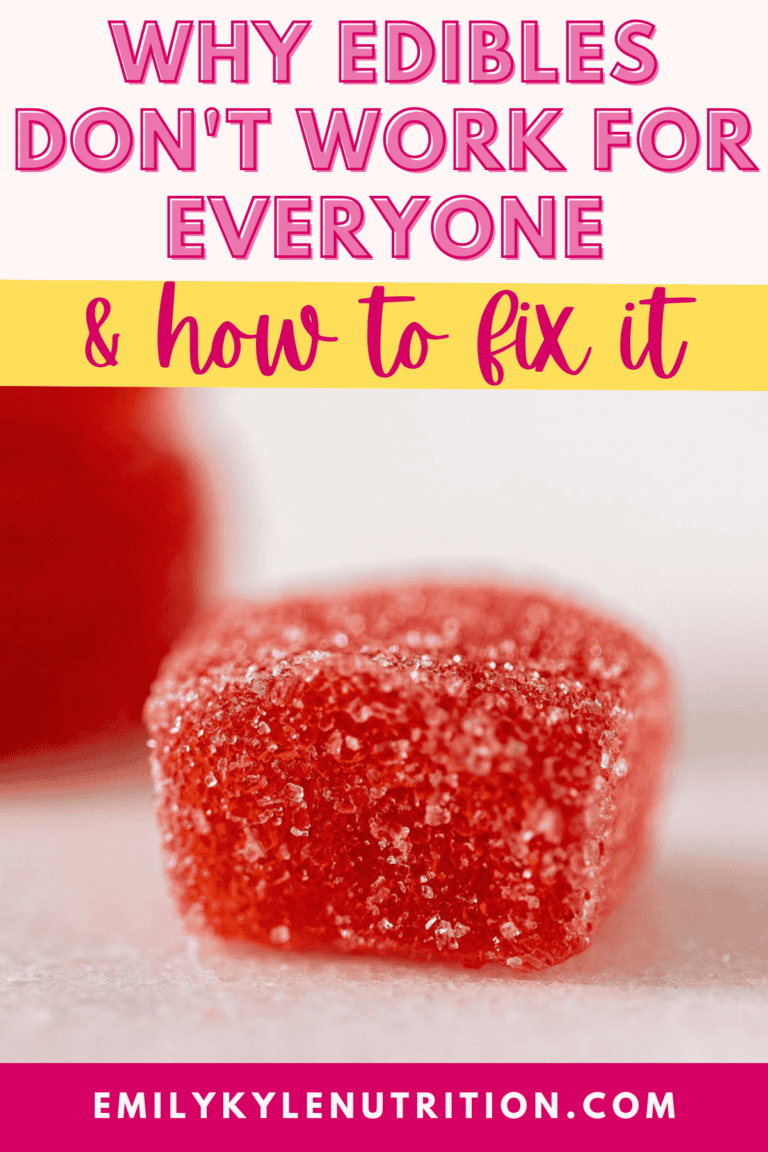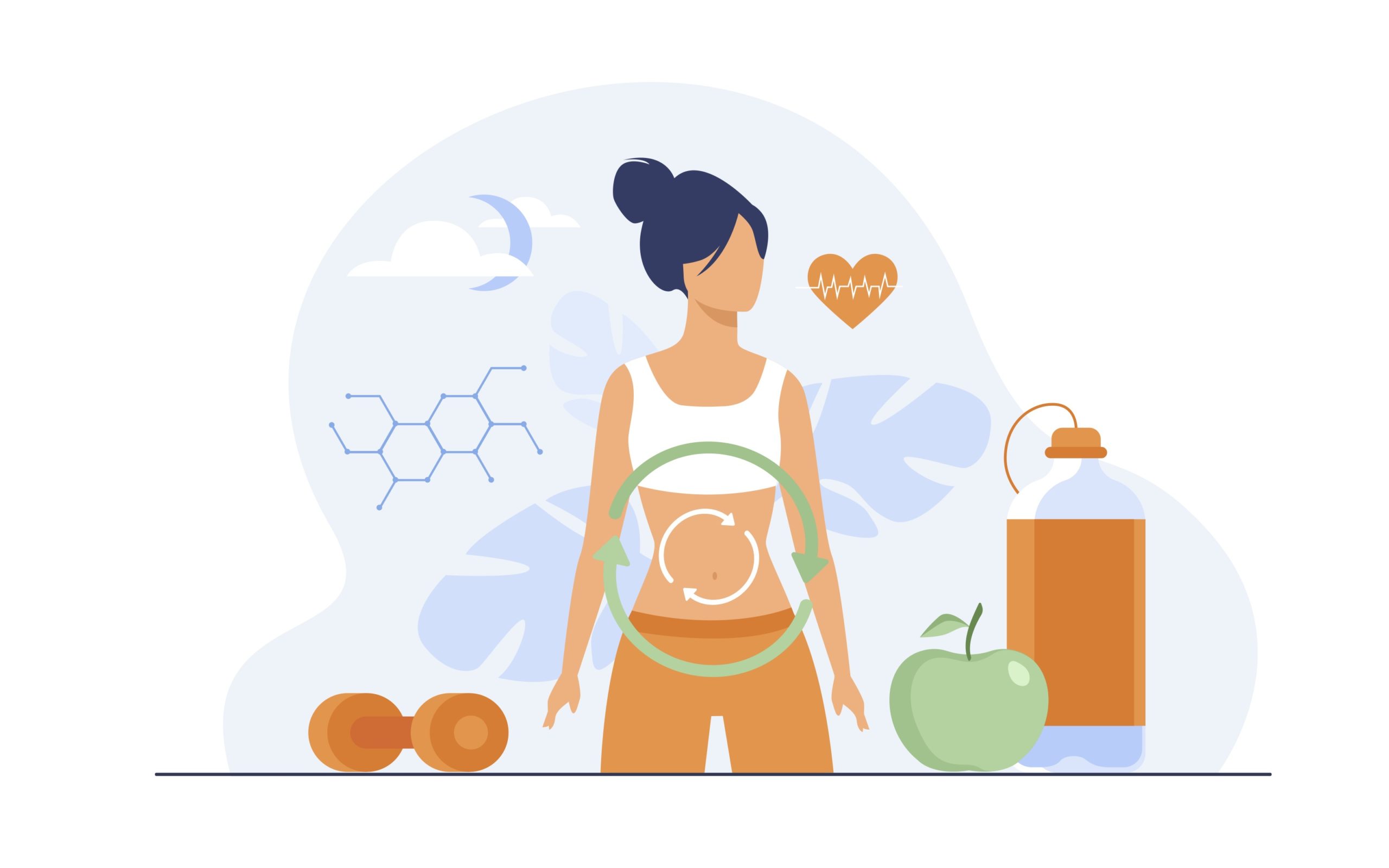Why Dont Edibles Work For Me
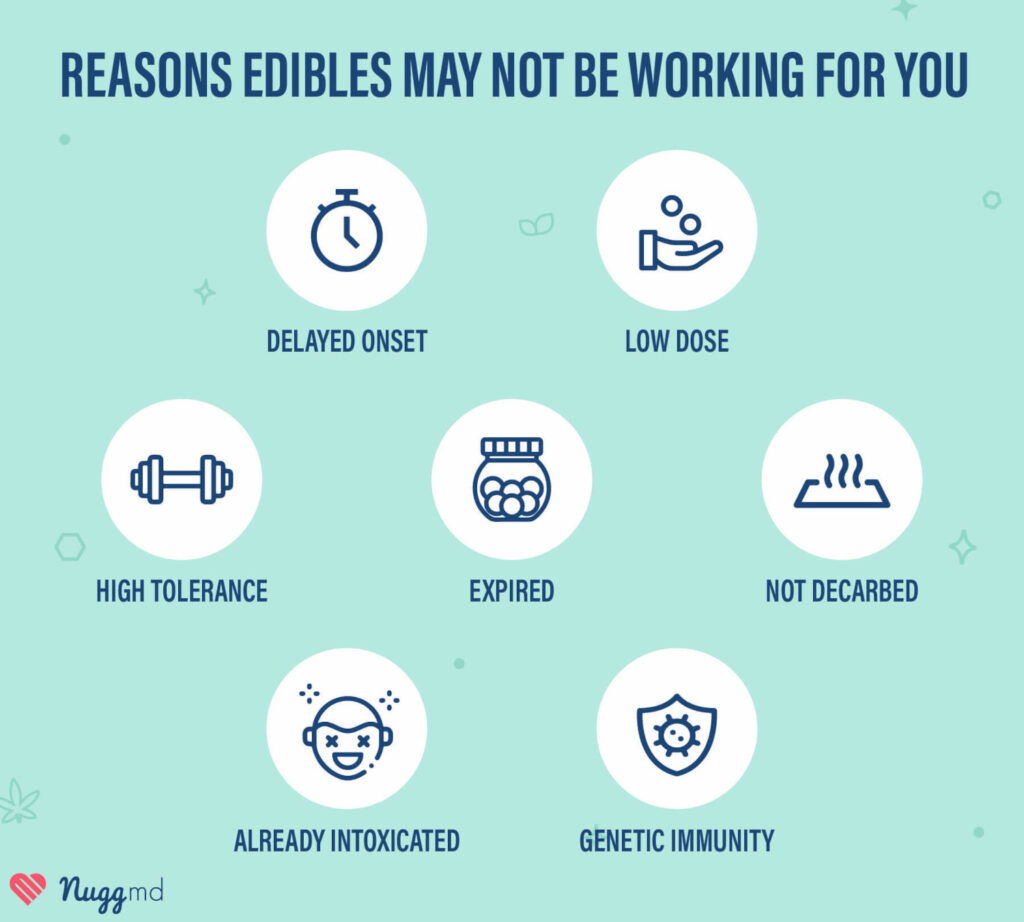
For some, the promise of a mellow, sustained high from cannabis edibles remains elusive. They consume gummy after brownie, only to experience little to no effect, a frustrating and baffling experience in a world increasingly embracing cannabis.
But what explains this apparent immunity? Why do edibles work wonders for some, while leaving others completely untouched? The answer is more complex than a simple matter of tolerance, involving factors ranging from individual metabolism to product composition, creating a personalized puzzle that many consumers are struggling to solve.
The Gut-Liver Connection: First-Pass Metabolism
The key difference between smoking or vaping cannabis and consuming edibles lies in how the body processes the active compounds. When inhaled, cannabinoids like THC (tetrahydrocannabinol) enter the bloodstream directly, bypassing the digestive system.
Edibles, however, take a longer, more circuitous route. They are absorbed through the digestive tract and transported to the liver, where first-pass metabolism occurs, a process that significantly alters the THC molecule.
The liver converts THC into 11-hydroxy-THC, a more potent and psychoactive compound that crosses the blood-brain barrier more readily. This conversion is the reason edibles can produce a different, often more intense, high compared to inhalation.
The Role of Enzymes: CYP2C9
The efficiency of this metabolic process depends largely on individual enzyme activity, particularly the enzyme CYP2C9. "Variations in CYP2C9 activity can significantly impact how an individual metabolizes THC," explains Dr. Amelia Hartman, a pharmacologist specializing in cannabis metabolism.
Individuals with lower CYP2C9 activity may experience little to no effect from edibles because their bodies convert less THC into 11-hydroxy-THC. Genetic factors play a significant role in determining an individual's CYP2C9 activity.
Certain medications can also inhibit CYP2C9, further reducing the conversion of THC and diminishing the effects of edibles.
Gastrointestinal Factors: Absorption and Empty Stomachs
Even if the liver is functioning optimally, issues with gastrointestinal absorption can hinder the effects of edibles. The digestive system needs to effectively break down the edible and absorb the cannabinoids into the bloodstream.
Consuming edibles on an empty stomach can paradoxically reduce their effectiveness for some individuals. "Food, especially fats, can aid in the absorption of cannabinoids," says Maria Rodriguez, a registered dietitian who advises patients on cannabis consumption.
Conditions that affect gut health, such as irritable bowel syndrome (IBS) or Crohn's disease, could also impair absorption, leading to inconsistent or minimal effects from edibles.
Product Variability and Dosage Inconsistencies
The cannabis market, while growing rapidly, still faces challenges in standardization and quality control. This is particularly true for edibles, where accurate dosage can be difficult to achieve. Discrepancies between the labeled THC content and the actual amount in the edible can contribute to a lack of effects.
A 2015 study published in the Journal of the American Medical Association found that many commercially available edibles were inaccurately labeled, with some containing significantly less THC than advertised. Consumers should always purchase edibles from reputable sources that conduct thorough testing.
It's crucial to start with a low dose, typically 2.5-5mg of THC, and wait at least two hours before considering taking more. "The delayed onset of edibles makes it easy to overconsume, leading to unpleasant experiences," warns Dr. Hartman.
The Placebo Effect and Psychological Factors
The power of suggestion should not be underestimated. The placebo effect, where a person experiences a physiological change based on their expectation, can influence the perceived effects of edibles.
If someone anticipates feeling nothing, they might be less likely to notice subtle effects or attribute them to the edible. Conversely, a strong expectation of a potent high can amplify the perceived effects.
Stress, anxiety, and even mood can influence how cannabinoids interact with the endocannabinoid system, potentially affecting the overall experience.
Genetic Predisposition: Endocannabinoid System Sensitivity
Emerging research suggests that individual variations in the endocannabinoid system (ECS) itself may play a role. The ECS is a complex network of receptors, enzymes, and neurotransmitters that regulate various physiological processes, including mood, pain, and appetite.
Some individuals may have a less sensitive ECS, requiring higher doses of cannabinoids to elicit a noticeable effect. This sensitivity could be influenced by genetic factors, lifestyle choices, and even prior cannabis use.
Further research is needed to fully understand the complex interplay between genetics, the ECS, and the effects of cannabis edibles.
Moving Forward: Personalized Cannabis Consumption
The mystery of why edibles don't work for some highlights the need for a more personalized approach to cannabis consumption. Understanding individual metabolism, digestive health, and genetic predispositions can help consumers make informed choices.
Advancements in cannabis testing and labeling, along with greater education about responsible consumption, are crucial. Consumers should consult with healthcare professionals, especially if they have underlying medical conditions or are taking medications.
Ultimately, unlocking the full potential of cannabis edibles requires a combination of scientific research, regulatory oversight, and individual self-awareness.
The journey to finding the right dose and delivery method is a personal one, and patience and informed decision-making are key.

